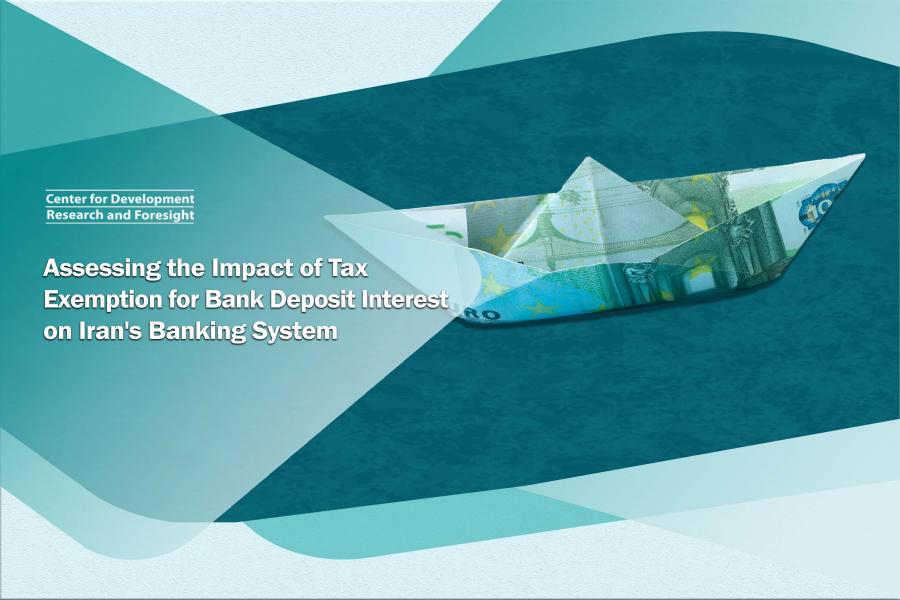
-
بررسی آییننامهها و دستورالعملهای برنامه هفتم پیشرفت
-
بررسی عوامل موثر بر افزایش تصادفات و تلفات جادهای و سوانح رانندگی و دادهکاوی تلفات انسانی
-
سازماندهی و بازآرایی فضایی آموزش عالی کشور
-
به روز رسانی سند ملی آمایش سرزمین
-
انجام مطالعات مناطق آزاد به عنوان نواحی پیشران اقتصادی کشور
-
اصلاح ساختار بودجه و پیاده سازی نظام یکپارچه مدیریت اطلاعات مالی دولت (IFMIS)

The exemption of bank deposit interest from taxation within Iran’s financial system is a topic of considerable debate in this field. This research investigates whether the tax on deposit interest should be regarded as an integral component of the tax system or if it should continue to be exempt. Addressing this question, which forms the crux of this study, necessitates a comprehensive review of tax literature, the structure of Iran’s tax system, and its economic, social, and political conditions. This research adopts a three-step approach to address the issue of exempting bank deposit interest from taxation.
The first step entails documentary research, which includes preliminary investigations. This involves reviewing fundamental documents such as the Vision Document, the Constitution, the Five-Year Development Plan document, as well as the texts of relevant tax laws, detailed transcripts of discussions during the legislative approval sessions in the parliament, and historical studies.
Historical studies reveal that measures like tax exemption on deposit interest were implemented by the government to manage the economic upheavals of the 1950s and 1960s, particularly to control inflation. However, these measures do not entirely align with the government’s overarching policies and the typically equity-oriented tax system.
The second step involves examining the studies and experiences of other countries regarding tax on deposit interest. The findings of these studies suggest that Iran’s readiness to implement this tax is comparatively low (with an average readiness index of 4 for Iran, compared to 12 for other countries). This indicates the need for a cautious and gradual approach to integrating the tax on deposit interest into Iran’s tax system.
The third step involves consulting experts in the fields of banking and tax through interviews. While the majority of interviewees support the imposition of the deposit interest tax, they emphasize certain considerations and prerequisites for its successful implementation.
Ensuring transparency, responsibility, and accountability in the government’s allocation of tax revenues within the annual public budget is crucial to building public trust, especially among taxpayers who contribute a portion of their income to the government with the expectation of receiving services in return.
A cautious approach to collecting deposit interest tax, following the model of Personal Income Tax (PIT), where deposit interest tax is integrated into a comprehensive income tax package, is recommended. This approach is considered to be less sensitive and less likely to generate resistance compared to levying the deposit interest tax separately. In addition to PIT, implementing a capital gains tax is recommended to control other financial markets and enhance the efficiency of deposit interest tax within the comprehensive income package.



